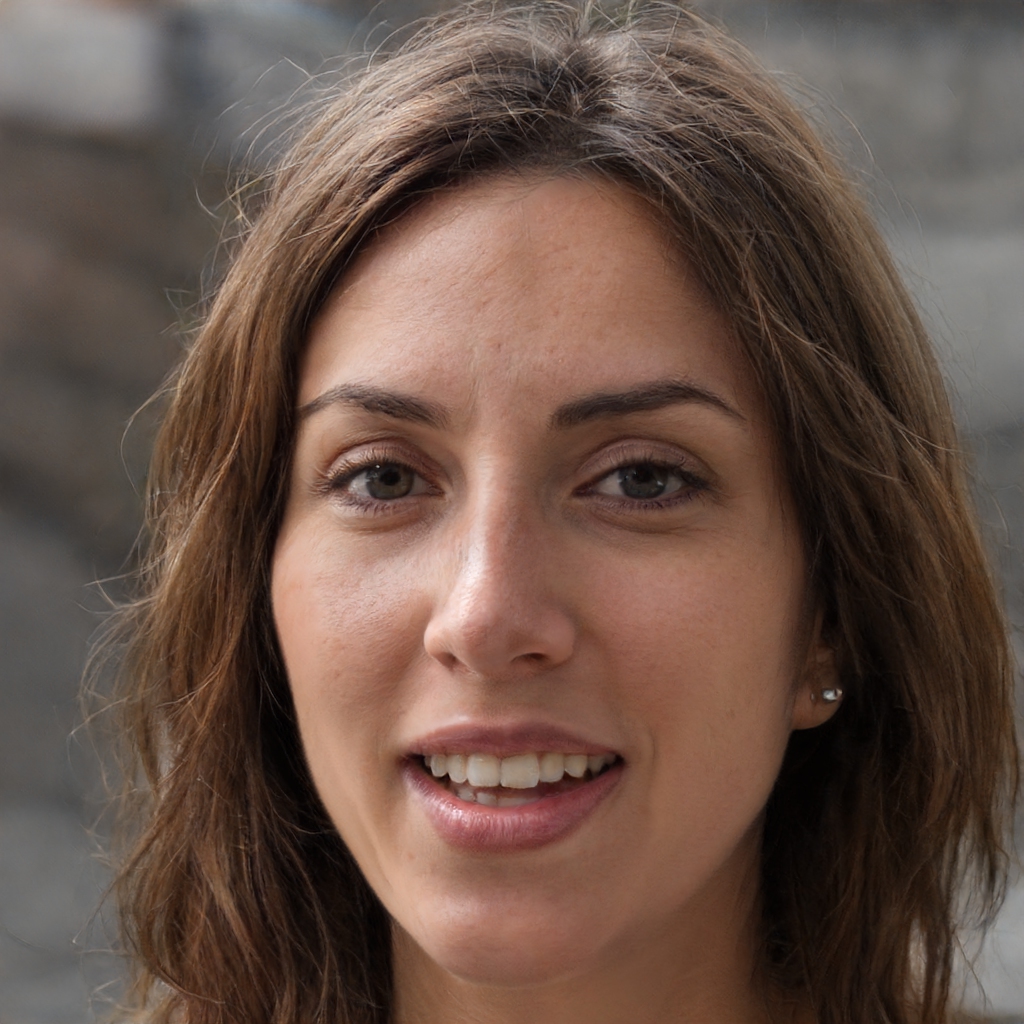Did you attend Queen Elizabeth II's funeral? Did you notice the Catholic elements that appeared during the ceremony? If your answer was no, read on, because the Religion website will show you what these elements were. Check them out in more detail below!
Find out which Catholic elements appeared at Queen Elizabeth II's funeral
On September 19, 2022, many people stopped to follow via live broadcast the funeral ceremony of Queen Elizabeth II. The ceremony brought together about 2,000 people, including monarchs and presidents from all countries.
But, before we go any further, it is important that you know that the official religion of the United Kingdom is Anglicanism, so it was Queen Elizabeth's religion. However, there are some differences and similarities between Catholicism and Anglicanism, so among the similarities are:
- They have a Bible with the two testaments, the old and the new;
- They recite the Creed;
- They recite the liturgy;
- They wear liturgical vestments during the liturgy;
- They have objects on the altar table.
Some of the differences include: different missals; in the Anglican church women can be ordained; in Catholicism there is only one leader, the bishop in Rome, but in Anglicanism there is not; the Anglican church does not believe in the assumption of Mary, mother of God.
So now that you know some of the similarities and differences between the churches, check out what elements appeared at Queen Elizabeth's funeral.
Catholic hymn writer
One of the elements that appeared at the Queen's funeral was the recitation of a hymn written by a Catholic, being the hymn Who Can Separate Us? This hymn was written by James MacMillan, inspired by the Letter to the Romans, and was recited at the end of the funeral.
The Catholic songwriter expressed himself on his social media saying, "I was deeply honored to be asked to write a new hymn for the funeral of Her Majesty Queen Elizabeth II. She was a constant presence in my life and an inspiration to countless millions around the world."
Prayer of a Catholic Theologian
After leaving the funeral grounds, the royal family went to a chapel in the castle where they said a prayer that was written by a Catholic theologian, Saint John Henry Newman. It is worth noting that Newman was an Anglican priest who converted to Catholicism and became Pope Leo XIII.
Funeral place
The first element that caught people's attention was the location, for although Westminster Abbey is used for religious services for sovereigns, it was once used as a shelter for priests and was dedicated to St. Peter, the first bishop of Rome.
A cardinal
Not in many years at a funeral of a king of England had a cardinal or Catholic figure been seen during the ceremony. Cardinal Vincent Nichols attended the ceremony, asking God for a "spirit of honor and mutual respect".
In addition to the cardinal, other Catholic figures were present at the funeral, such as Archbishop Leo Cushley of St. Andrews and Edinburgh; Archbishop Mark O'Toole of Cardiff; the Vatican Foreign Minister and Archbishop Paul Gallagher, who was representing Pope Francis.
The participation of the Catholic bishops represented that King Charles III is willing to unite all types of faith present in his kingdom.
Catholic who begins the readings
Finally, at the very beginning of Queen Elizabeth II's funeral ceremony, a Catholic woman began the readings, the first reading being from the book of Corinthians (15:55). Patricia Janet Scotland, is Secretary General of the Commonwealth, i.e. responsible for the association of colonies, former colonies and countries with some historical connection to the United Kingdom.
Much beloved by the Queen, she was invited to be part of the ceremony, and soon she was chosen by Elizabeth to take up this position in the London Parliament. It is worth mentioning that she was chosen by the Queen to take up the position in the House as early as 1997.
So, now that you have read this text, there is no longer any doubt about which Catholic elements appeared at Queen Elizabeth II's funeral.

My name is Maria. I am passionate about theology and I have been writing about the religious world for 5 years. I am curious and research everything about the religions around the world. I love researching the curiosities that guide the most varied doctrines in different countries and languages. Today, I am an editor and love to share my knowledge on the portal Prayer and Faith.